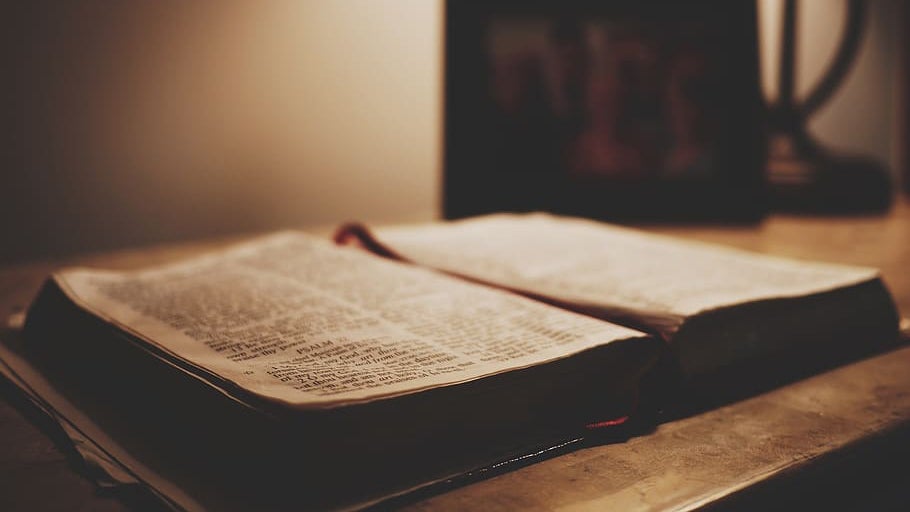The issue is obedience
Published 12:00 pm Sunday, September 18, 2022
“Then Peter said, ‘Silver and gold I do not have, but what I do have I give you: In the name of Jesus Christ of Nazareth, rise up and walk.’ And he took him by the right hand and lifted him up, and immediately his feet and ankle bones received strength. So he, leaping up, stood and walked and entered the temple with them — walking, leaping, and praising God. And all the people saw him walking and praising God. Then they knew that it was he who sat begging alms at the Beautiful Gate of the temple; and they were filled with wonder and amazement at what had happened to him.” — Acts 3:6-10, NKJV
These verses should change our way of thinking about praying for the sick; they should also teach us the difference between prayer and a “prayer list.”
As Peter and John were approaching the temple, with the evening prayer time as their primary focus, they were attracted to the lame beggar’s calls for alms. They might have given him a coin or two and moved on, promising to pray for him and feeling good for having done as he asked. They might have, except Peter had declared that they had no money.
Peter and John might have simply prayed their prayer over him and walked on, again, feeling satisfied with their efforts. What happened next is, as they say, history (or Scripture).
Standing in the pathway to the temple, amid crowds of people passing by, Peter takes the cripple by the hand and lifts him to his once crippled feet. Somewhere in the act of praying for the beggar and Peter taking his hand, the power of God completed the healing of crippled feet and ankles.
Could God have healed him without Peter’s lifting him up? Certainly. Would God have done so? Maybe. In this miraculous healing, it is Peter’s act of taking him by the hand that brings the healing. Our involvement in the situation, not just some attention, is often what God asks of us before He moves.
Are we too hurried to stop and actually pray for those in need? Perhaps we are not comfortable praying for them in a public place, or we fear they may not be healed and we will look foolish?
Healing is not the issue here; the issue is obedience to the prompting of the Holy Spirit to pray and believe.
Rev. Bobby Thornhill is a retired Methodist preacher.






